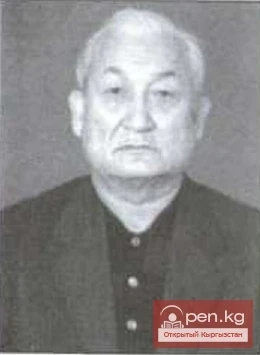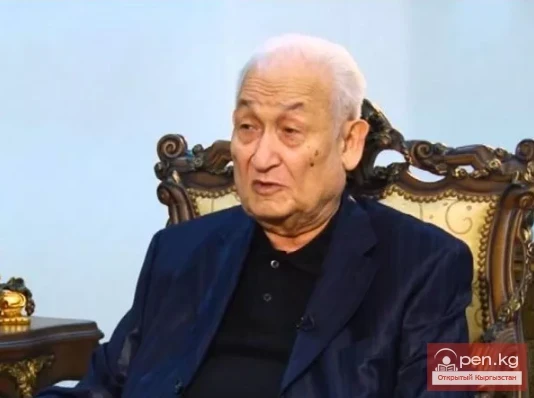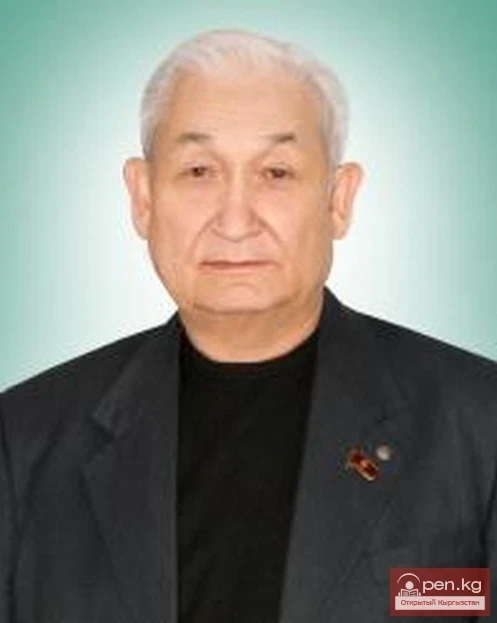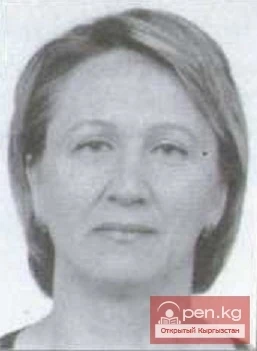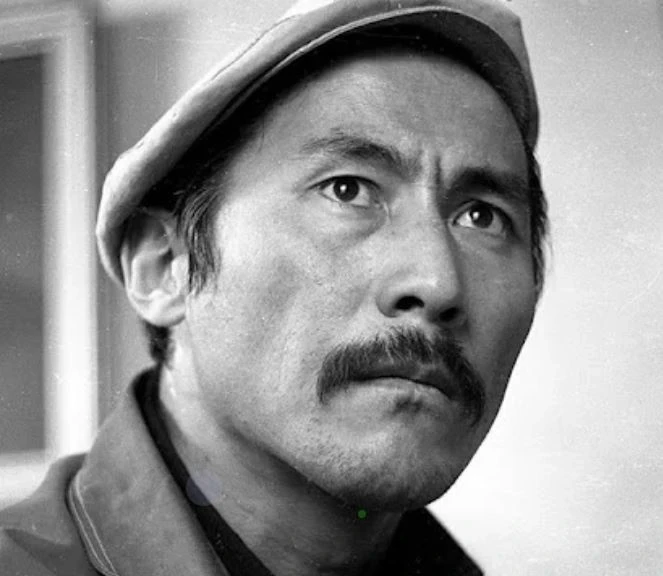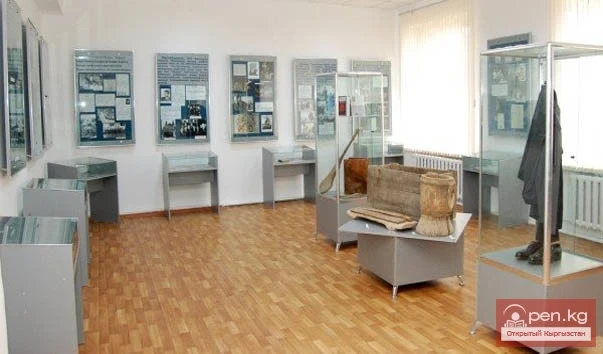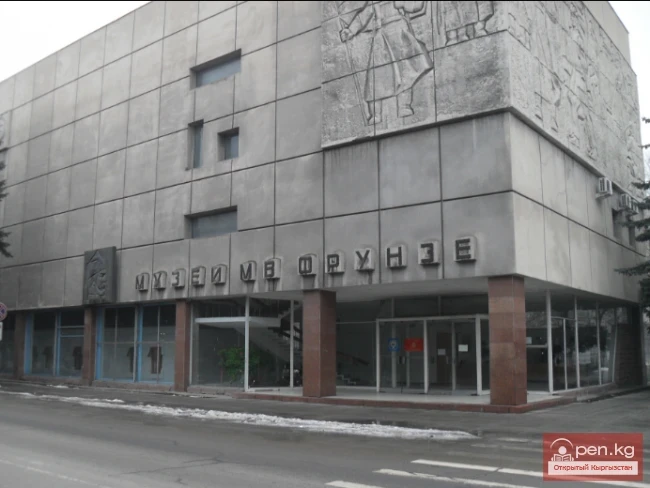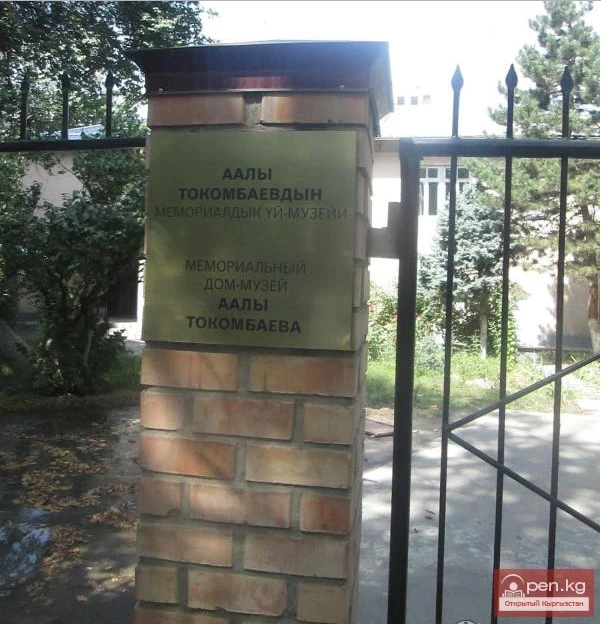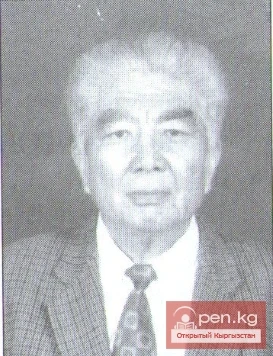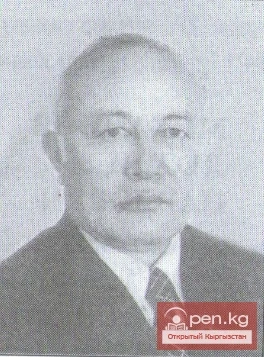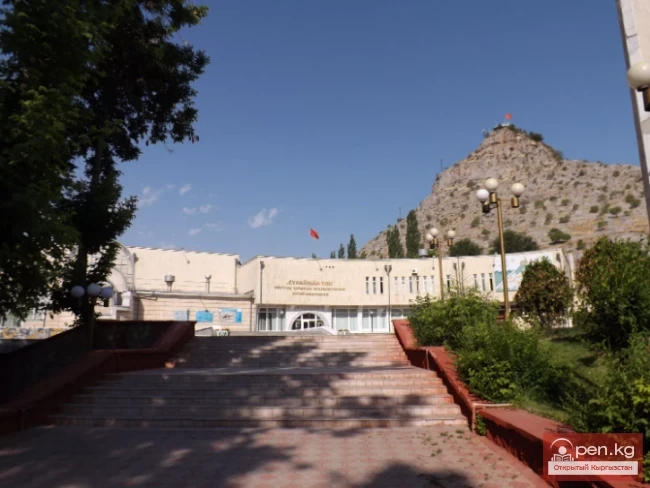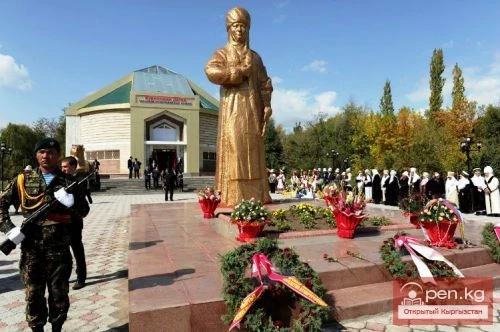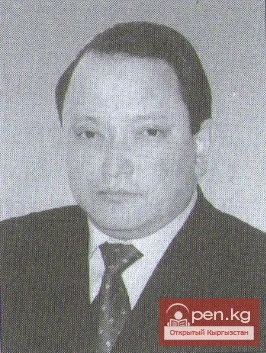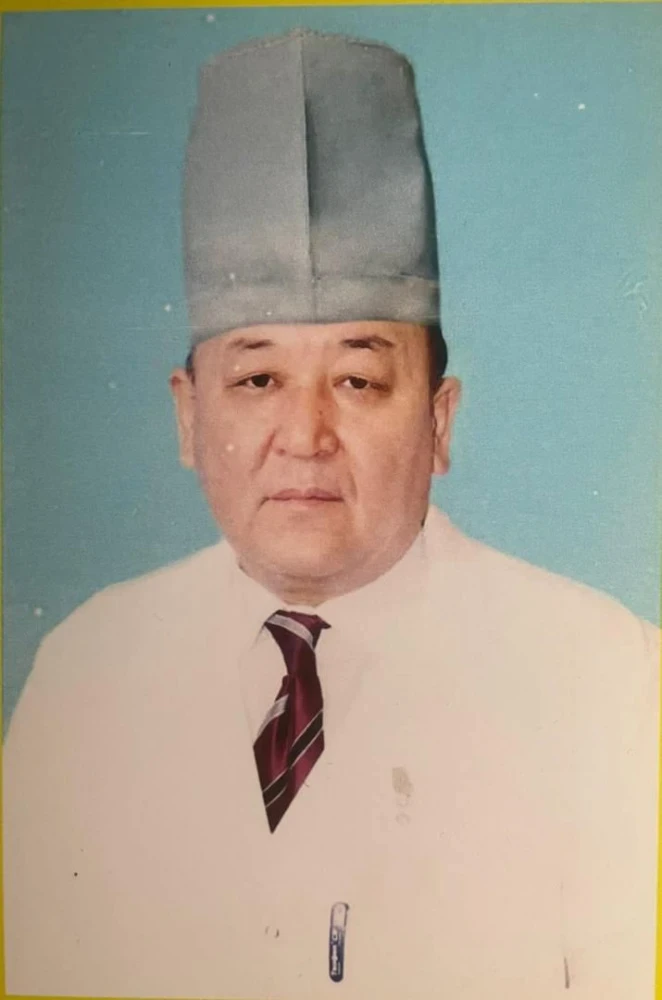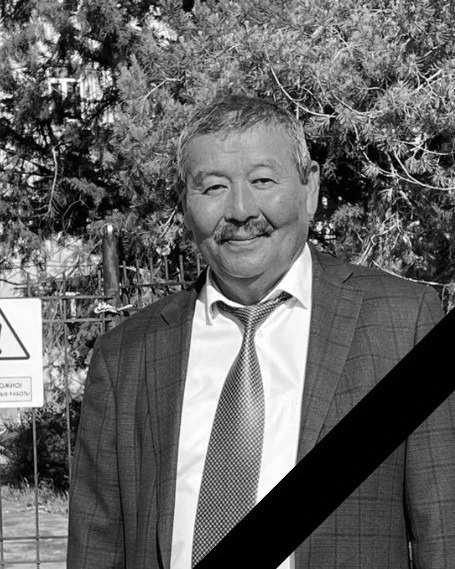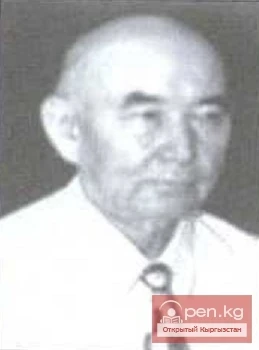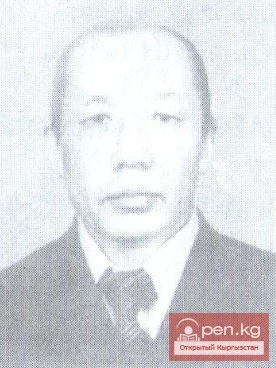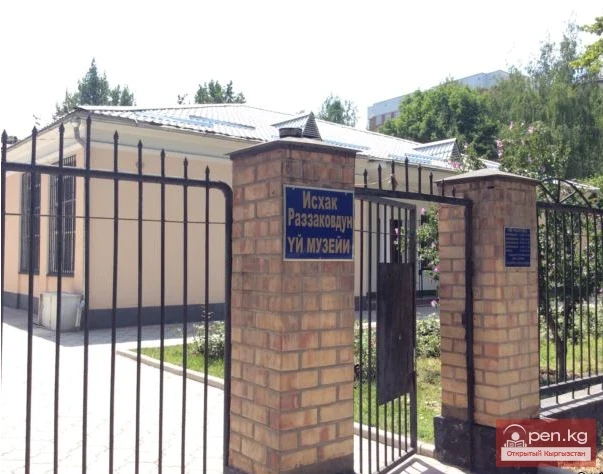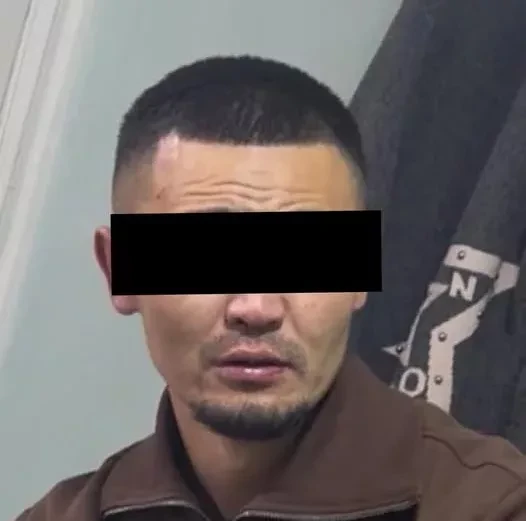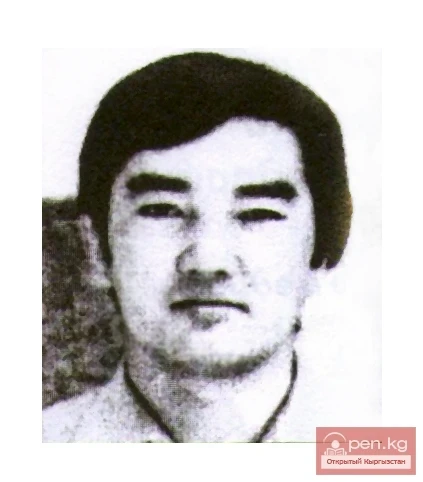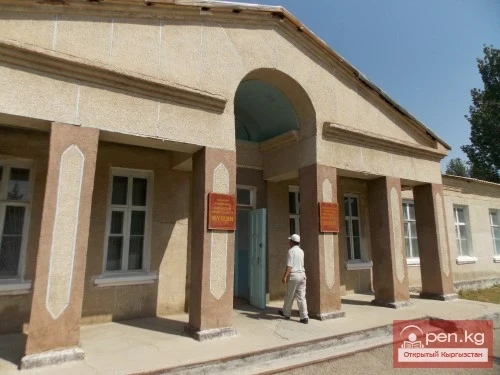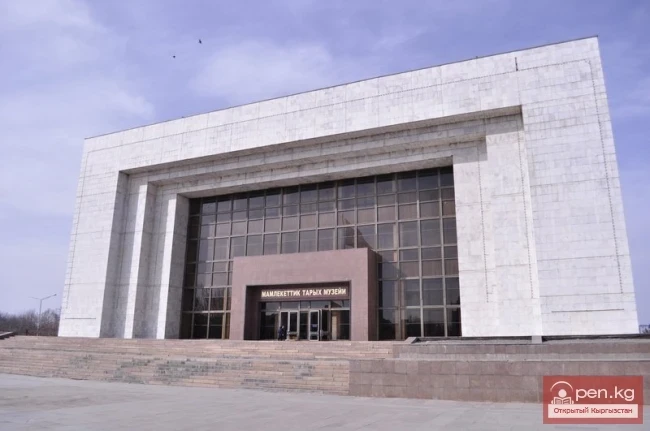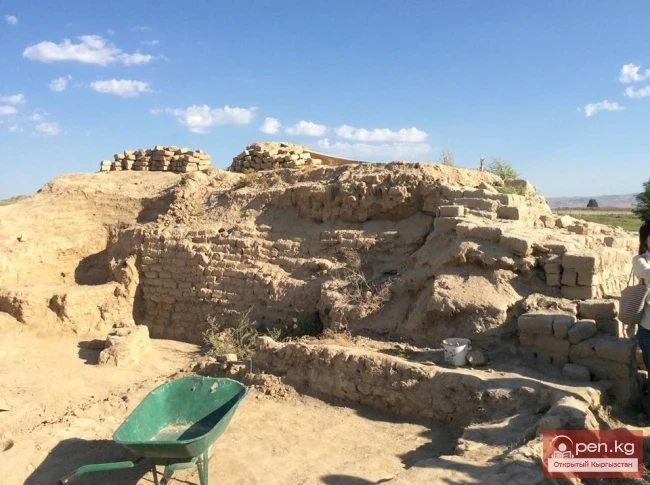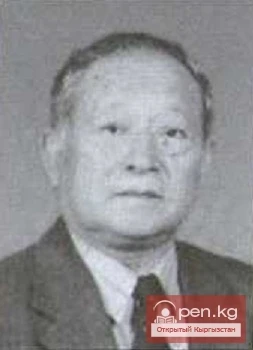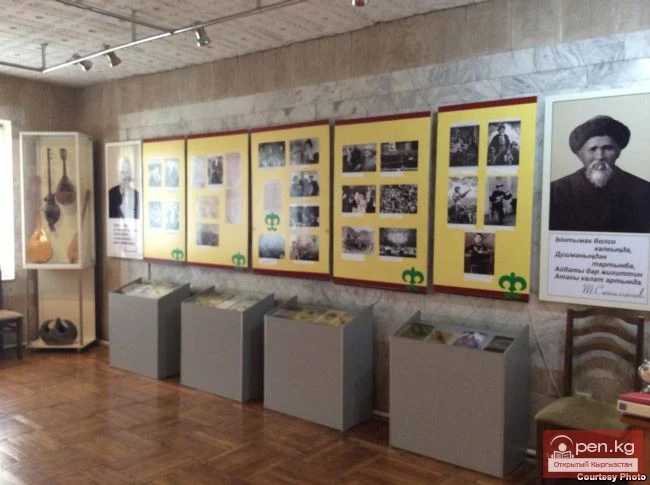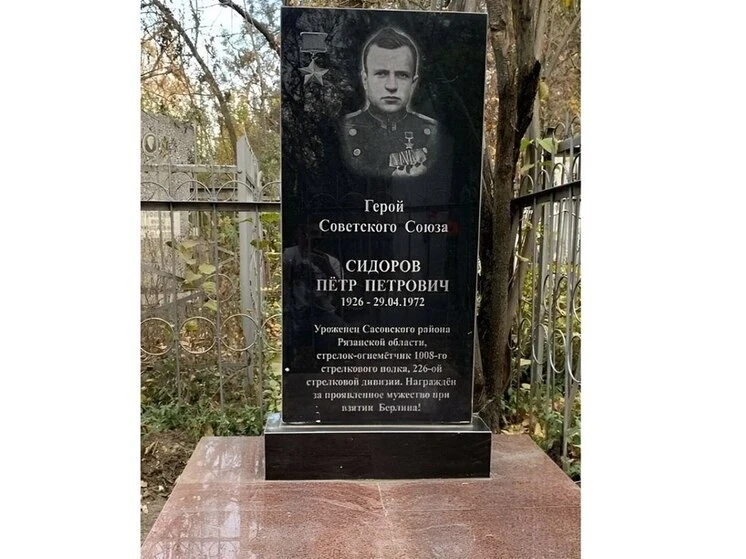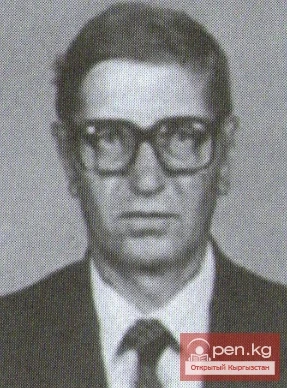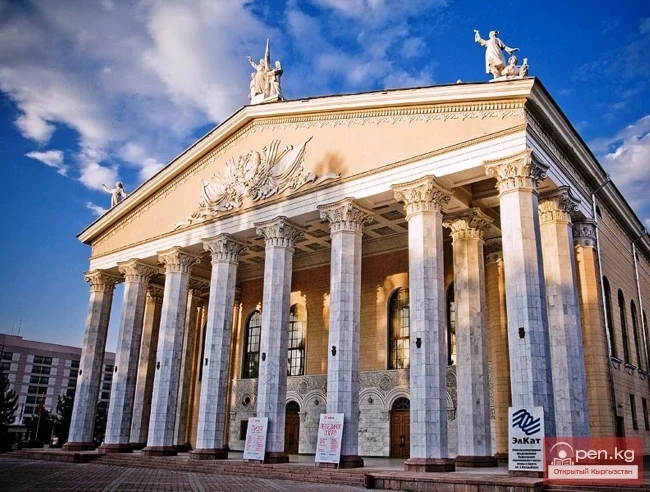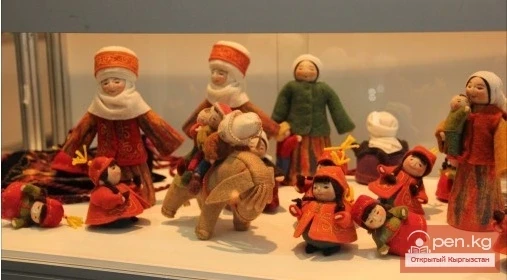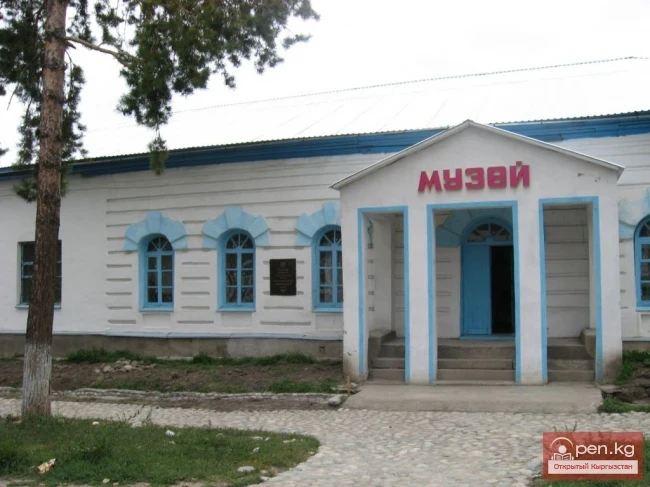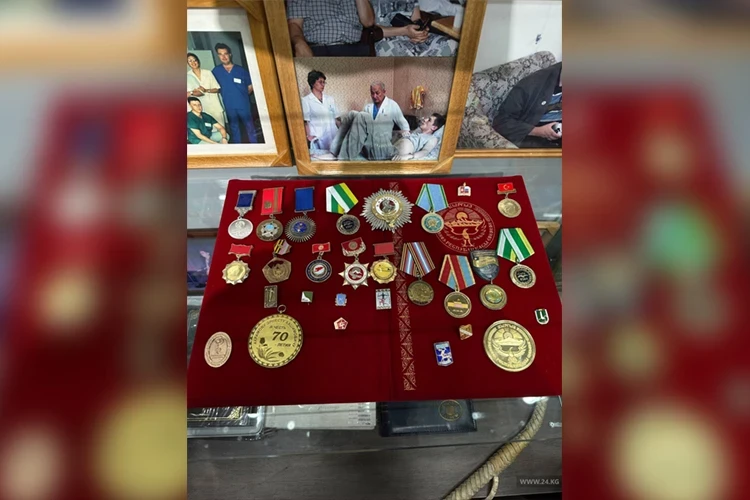
The new museum, located in a quiet room filled with the fresh scent of paint, preserves the memory of a man who dedicated many years to saving lives and training new generations of doctors.
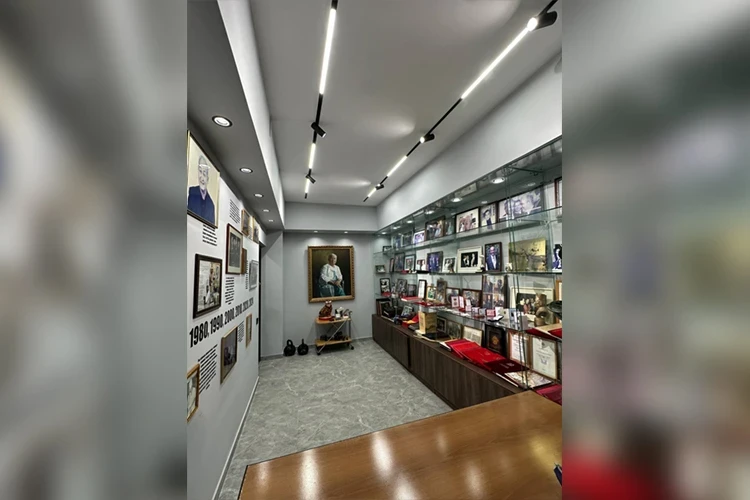
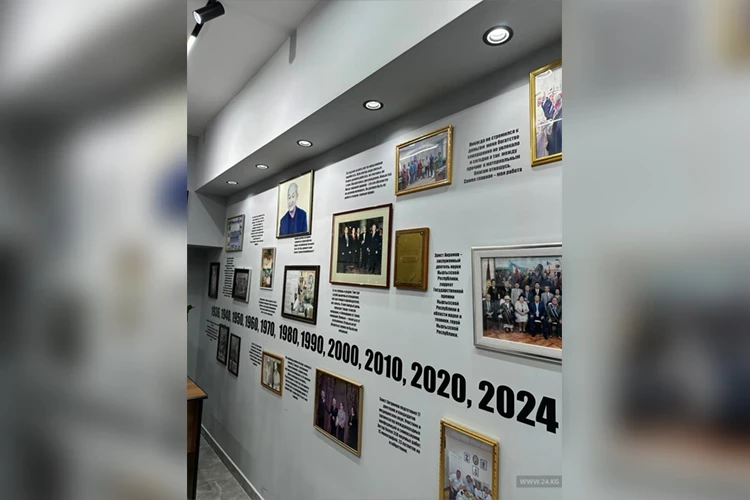
In the museum room, unique photographs are displayed, capturing Ernst Akramov in the operating room, with colleagues and students, as well as at international symposiums. On the shelves are his lab coat, glasses, awards, books with notes, and souvenirs from doctors from various countries.
“We aimed to preserve the atmosphere of his office so that every visitor feels as if he has just stepped out for surgery,” shared one of the staff members, barely holding back her emotions.
The hospital management noted that now future doctors and students will begin their practice with a tour of the museum to understand what a true doctor should be like, someone who places the profession above all else.
Ernst Akramov
Ernst Akramov was born on June 24, 1936, in Frunze. After graduating from the Kyrgyz State Medical Institute in 1960, he began his career as a surgeon. With exceptional skills and resilience, he quickly became one of the leading specialists in the country.
Throughout his career, he achieved the following honors:
— Doctor of Medical Sciences and Professor;
— Honored Scientist of the Kyrgyz Republic and Honored Doctor of the Kyrgyz SSR;
— People's Deputy of the USSR and Deputy of the Jogorku Kenesh;
— Laureate of the State Prize of the Kyrgyz Republic;
— Author of more than 350 scientific articles, 16 monographs, and 23 patents.
Akramov became a pioneer in areas such as vascular surgery, surgical gastroenterology, and reconstructive operations, many of which had no analogs at the time.
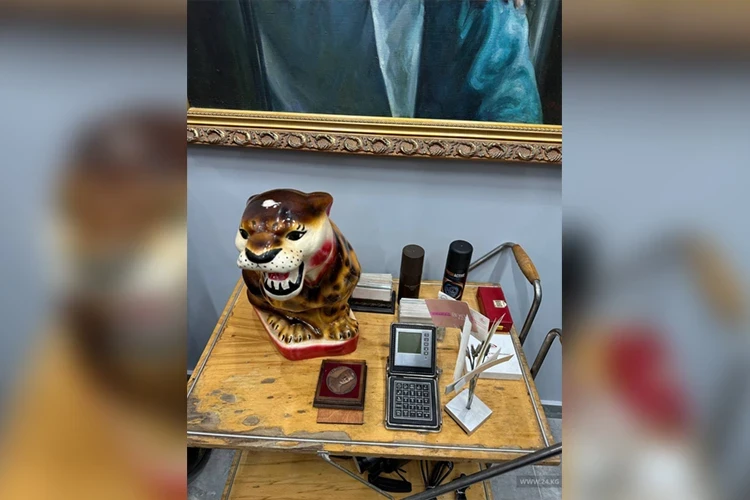
Colleagues recall that Ernst Akramov hardly ever left the hospital. Young doctors share memories of how he worked late into the night at the operating table and in the morning reviewed clinical cases, teaching students.
He trained 17 doctors and candidates of medical sciences, who today hold leadership positions in major clinics and departments.
Ernst Akramov was actively involved in public life: he founded the party "My Country," became a deputy of the Jogorku Kenesh, but refused the mandate to remain in medicine.
It was at his initiative that a modern surgical building, conference hall, and library were constructed at the Chui Regional Hospital.
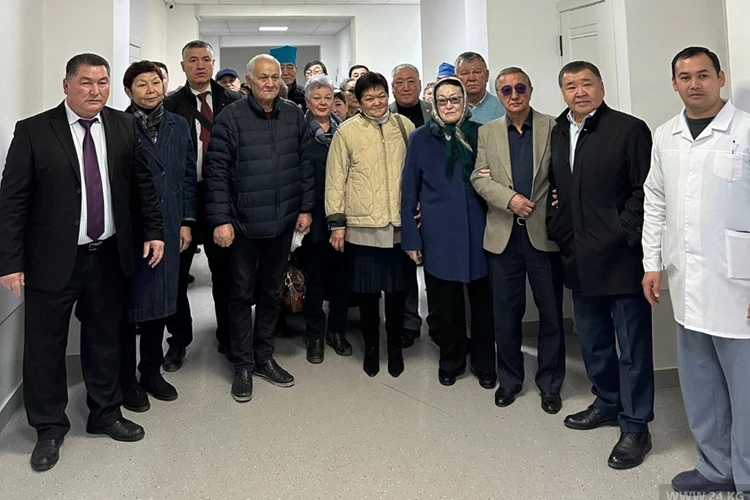
As we were leaving the museum, several interns quietly waited in the hallway. One of them said, “If I can come close to even ten percent of what he was like as a doctor, that would already be a blessing.”
